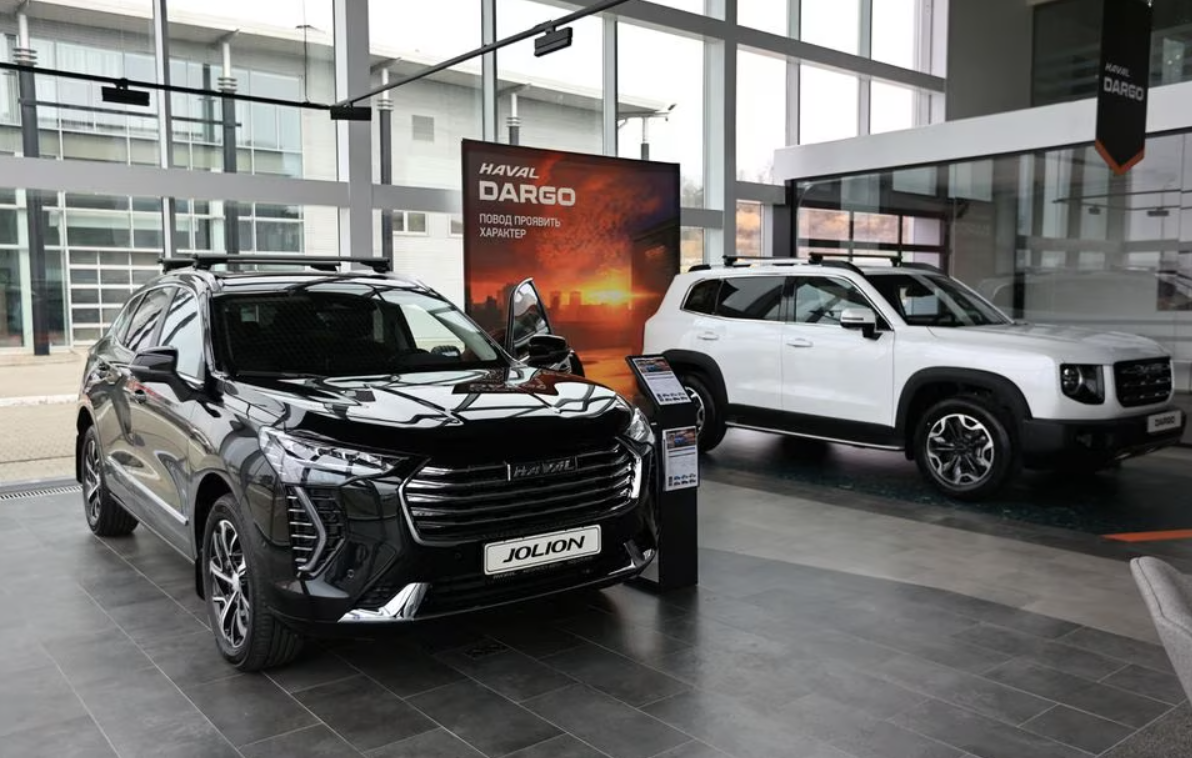
China’s Great Wall Motor said it had formally submitted responses to the European Commission‘s anti-subsidy investigation of Chinese-made electric vehicles (EVs), while calling for a fair and open trade environment.
Tension between China and the EU is growing, partly because of Beijing’s closer ties with Moscow after Russia’s invasion of Ukraine, while the bloc seeks to cut reliance on the world’s second-largest economy in its push for a green transition.
“We need a fair and open trade environment,” the automaker’s president, Mu Feng, said on his Weibo social media account on Monday. “We have the confidence to win the competition globally.”
Great Wall, which provided its answers to the European Commission on Oct. 11, was the first automaker to have done so, he added.
“Europe is one of the key strategic markets for Great Wall Motor,” Mu said, adding that the company had big plans for the region, having begun site selection efforts for a plant there, envisaging full capabilities from production to sales.
The Chinese company did not immediately respond to a request for comment on Tuesday.
Great Wall Motor plans to build a plant in Europe and Germany was one of the candidates for the site, the German publication Automobilwoche said in May.
Brussels began the investigation this month to decide whether to set up tariff barriers against what European Commission President Ursula von der Leyen has called a flood of cheaper Chinese EV imports benefiting from state subsidies.
It is examining EVs made both by Chinese manufacturers and foreign firms, such as Tesla, BMW and Renault, in China.
China has complained about the “very short” time the EU set for consultations on the inquiry, saying it lacked adequate evidence and did not conform to the rules of the World Trade Organization (WTO).
European car makers are racing to catch up with China in turning out lower-cost EVs, especially as the likes of Chinese manufacturers BYD, Xpeng and Nio look to expand overseas.
Great Wall Motor ranked eighth in terms of sales of pure electric and plug-in hybrid cars in China during the first nine months of the year, industry figures show.

